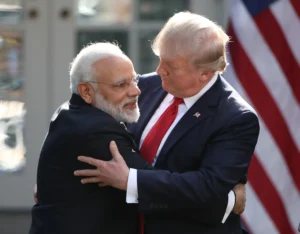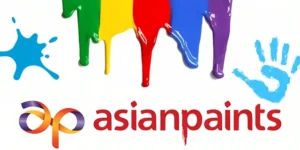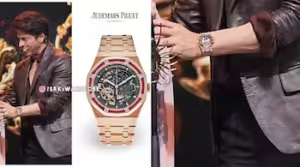
A One-Word SMS That Changed Everything: How PM Modi Brought the Nano Plant to Gujarat

In a remarkable turn of events that reshaped India’s automotive landscape, a simple one-word SMS from then Gujarat Chief Minister Narendra Modi to Ratan Tata played a pivotal role in relocating the Tata Nano project from West Bengal to Gujarat in 2008. This incident not only highlights the power of communication but also marks a significant chapter in India’s industrial history.
The Context: Protests in West Bengal

The backdrop of this story is rooted in the tumultuous political climate of West Bengal during 2008. The Tata Group had initially set up the Nano plant in Singur, but fierce protests led by Mamata Banerjee and the Trinamool Congress (TMC) erupted over land acquisition issues. Farmers were unhappy with the government’s decision to acquire 400 acres of farmland for the project, leading to widespread unrest and ultimately forcing Tata to reconsider his plans .On October 3, 2008, Ratan Tata announced at a press conference in Kolkata that the Tata Nano project would be withdrawn from West Bengal due to these escalating tensions. It was during this critical moment that Modi seized an opportunity to reach out.
The Pivotal SMS

As Ratan Tata addressed the press, announcing the exit from West Bengal, Modi sent him a succinct SMS saying simply, “Welcome.” This seemingly innocuous message would prove to be a game-changer. Reflecting on this moment years later, Modi remarked, “And now you can see what a Re 1 (worth) SMS can do,” underscoring how a brief communication could lead to monumental changes in India’s industrial landscape .Within days of receiving that SMS, Tata confirmed that the new plant would be established at Sanand in Gujarat, with plans finalized by October 7, 2008. The Gujarat government offered assurances of peace and cooperation, which were crucial for Tata as he sought an environment conducive to business operations.
The Inauguration of the Sanand Plant

The Tata Nano plant in Sanand was inaugurated in June 2010, built at an investment of approximately ₹2,000 crore. At this event, Ratan Tata praised the Gujarat government for its support and efficiency, stating that Gujarat stood out as the best option for relocating the project. He expressed gratitude for the confidence shown by Modi and his administration: “It was not just Tata’s project; it is our project” .Modi’s government ensured that various countries were eager to assist with the Nano project, demonstrating a commitment to keeping industrial initiatives within India. This approach not only facilitated the establishment of the plant but also positioned Gujarat as an emerging hub for automotive manufacturing.
The Broader Impact

The successful relocation of the Nano plant significantly impacted both Gujarat’s economy and India’s automotive sector. It showcased how effective governance and quick decision-making could attract major investments. The Nano itself was billed as “the world’s cheapest car,” aimed at making car ownership accessible to millions of Indians.However, despite initial success, production of the Nano was discontinued in 2018 due to various challenges, including market competition and changing consumer preferences. Nonetheless, the story of how PM Modi’s one-word SMS changed everything remains a powerful example of how communication can influence business decisions and economic trajectories.
Conclusion: A Lesson in Leadership
The tale of PM Modi’s SMS to Ratan Tata serves as a reminder of the importance of decisive leadership and effective communication in times of crisis. It illustrates how a single message can catalyze significant change and foster collaboration between government and industry. As India continues to evolve its industrial landscape, this incident will be remembered as a landmark moment that underscored the potential for innovation and growth through strategic partnerships.
Discover more from
Subscribe to get the latest posts sent to your email.







